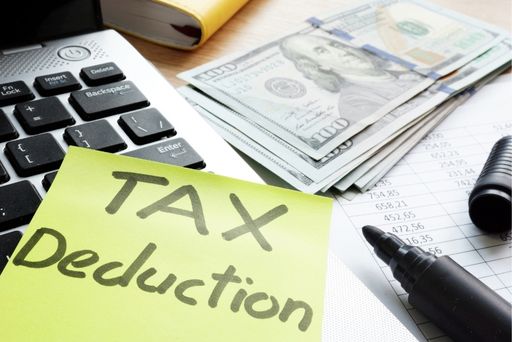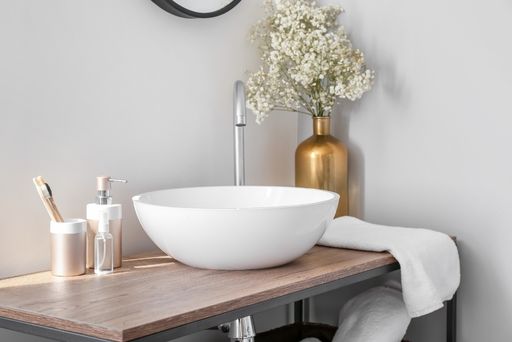If you own a small business, you undoubtedly work from home, at least on occasion. If you’re like many small business owners in today’s world, you might even work exclusively from home. Whichever category you fall under, claiming a “home office” on your taxes can be tricky. Here’s a quick step-by-step guide to make sure you’re in line with IRS standards when it comes to your home office.
Home Office for a Small Business Owner
First, to claim a home office on your taxes, both of these things must apply:
- You use the part of your home exclusively and regularly for your business. If an auditor were to come to your home, they would be able to easily identify your home office. This means the area can’t double as a play area for children or living room for your family. It should look just like a regular office would.
- The business part of your home must be one of these to qualify:
- Your main place of business
- A place where you meet or deal with clients
- A separate structure (not attached to your home) that you use for your business
Exclusive Use Explained
Exclusive use means you use the area in your home for business purposes only. The area must meet these requirements to be considered “exclusive”:
- A room or other separately identifiable space, but it doesn’t necessarily need to be separated by a wall or permanent partition
- The space cannot be used for business and personal purposes
- The area cannot contain personal-use furnishings like a TV or a couch, even though these items are common in many businesses
Regular Use Explained
Regular use means you use part of the home on a continuous, ongoing, or recurring basis. You can use the space for more than one business, and you can have more than one business location (other than your home office) for each business as well. However, if you’re deducting a home office on your taxes, your home must be the principal place of business. Factors considered in “regular use” of a home office include:
- Meeting clients or conversing over phone, Skype, or email
- Selling or delivering goods or services
- Administrative activities of your business like billing customers, bookkeeping and accounting tasks, ordering supplies, setting up appointments, contacting customers
- Updating your website, managing SEO, and other computer-based tasks
If you’re employed by another company and work from home, you can also claim a home office. Here’s how:
- You must meet the home office requirements above.
- Factors determining home office eligibility as an employee may also include:
- The employer requires you to maintain a home office as a condition of employment.
- Your work for their business isn’t possible without a home office.
- The employer doesn’t provide a space for you to work outside your home office.
- You don’t rent any part of your home to your employer and use the rented portion to perform services as an employee.
If you’re already working from home and haven’t set up a home office, now is the time. Home office deductions can save you big money on your taxes and help keep your small business activities more organized.




